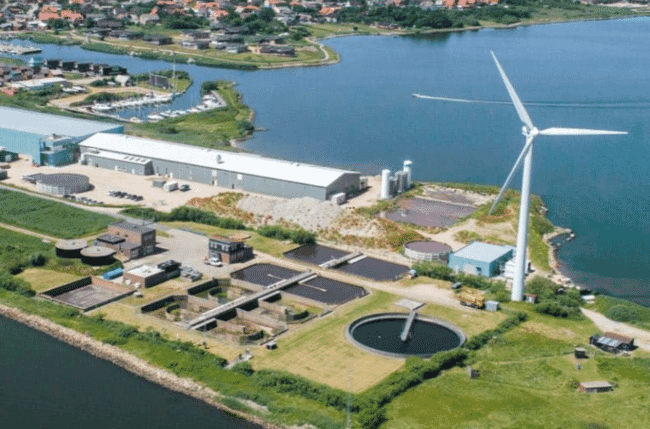
The company has revealed that an incident affected one of the saltwater grow-out systems in the Denmark facility, leading to the loss of 17 percent of the facility’s fish on 9 July.
The fish were due to be harvested before the end of the year. The direct financial impact of the incident, after expected insurance proceeds, is estimated to be $3 million.
“The company’s preliminary analysis, which remains subject to change, indicates that maintenance work performed in the filtration system caused water quality to quickly deteriorate, resulting in elevated mortality,” stated Atlantic Sapphire in a stock exchange release.
“Human error altered the water levels in the RAS system and allowed previously stagnant water to flow into the tanks,” it added.
The company says that it has now “updated certain operating procedures” in order to minimise the risk of such an incident reoccurring.
In March, the company lost round 500,000 salmon, averaging 1kg each from its RAS in Florida - an incident that was blamed on an issue related to the drum filters which resulted in elevated turbidity and possibly gasses. It followed on from an incident in the Danish facility, in February, in which 227,000 fish were lost, after elevated nitrogen levels were detected in the system.
The reason that the recent loss was so severe, according to the company, is due to the fact that their Danish facility has a larger standing biomass than its grow-out systems in Miami, where the system is split in two.
“The Denmark facility had not been split in two, because this modification was not practically possible with the farm fully stocked with fish. Now this modification is possible and will be performed, which will reduce the impact of future mortality events in a system,” they state.




